Think of nature as the original artist, blending flavor and color into edible masterpieces—many of which are so striking, they’re named after the very hues they resemble. From the deep purples of blueberries to the golden glow of yellow plums, these fruits wear their colors proudly. But they’re more than just eye candy. Fruits with color-based names often signal the presence of powerful nutrients and antioxidants. In this post, we’re celebrating 17 fruits whose names are inspired by their vibrant shades—proof that eating the rainbow can be both delicious and naturally beautiful.
1. Blackberry
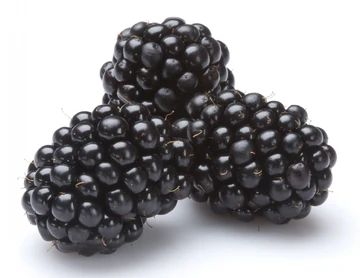
With a deep purplish-black hue, blackberries are high in fiber, vitamin C, and powerful plant compounds. Their rich color signals their strong antioxidant content, which may help combat oxidative stress and inflammation.
2. Blueberry
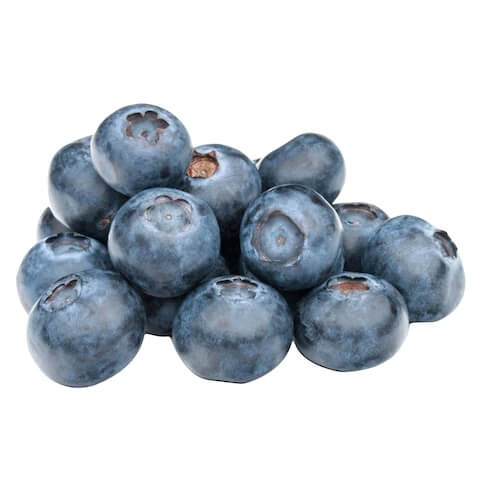
These deep-blue berries are small but mighty, packed with antioxidants—especially anthocyanins—that help support memory, heart health, and cellular repair. Their sweet-tart flavor makes them a favorite in both sweet and savory dishes.
3. Redcurrant
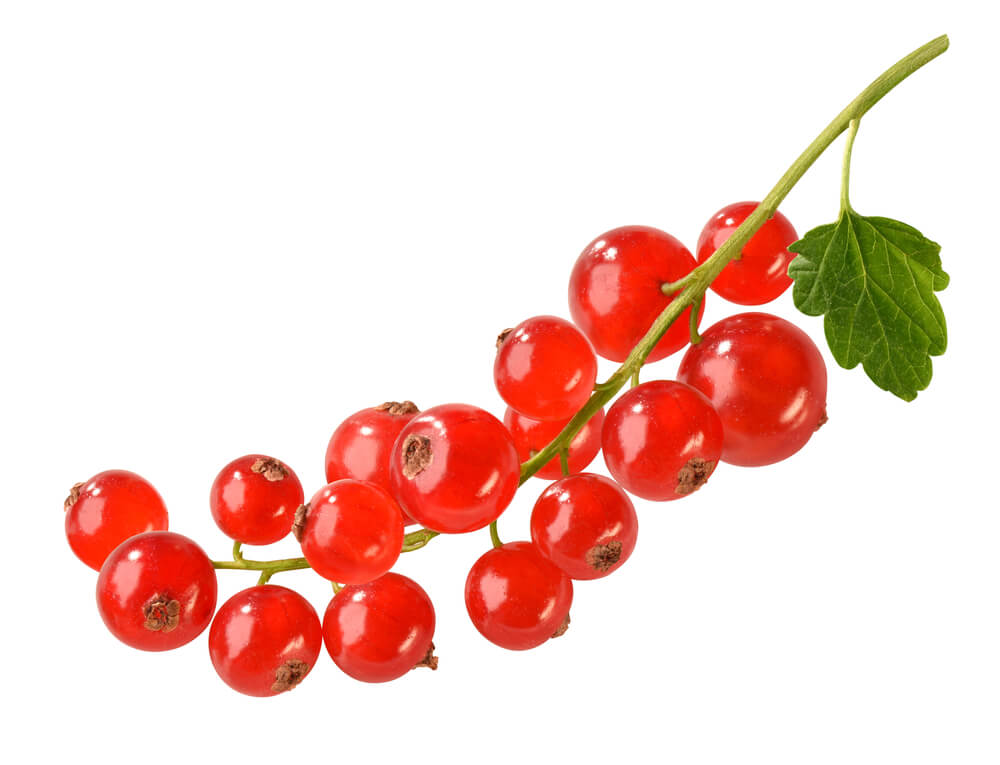
These glossy, ruby-colored berries have a bright, tart flavor and are traditionally used in jams, sauces, and desserts. They’re rich in vitamin C and flavonoids, which support immunity and skin health.
4. Whitecurrant
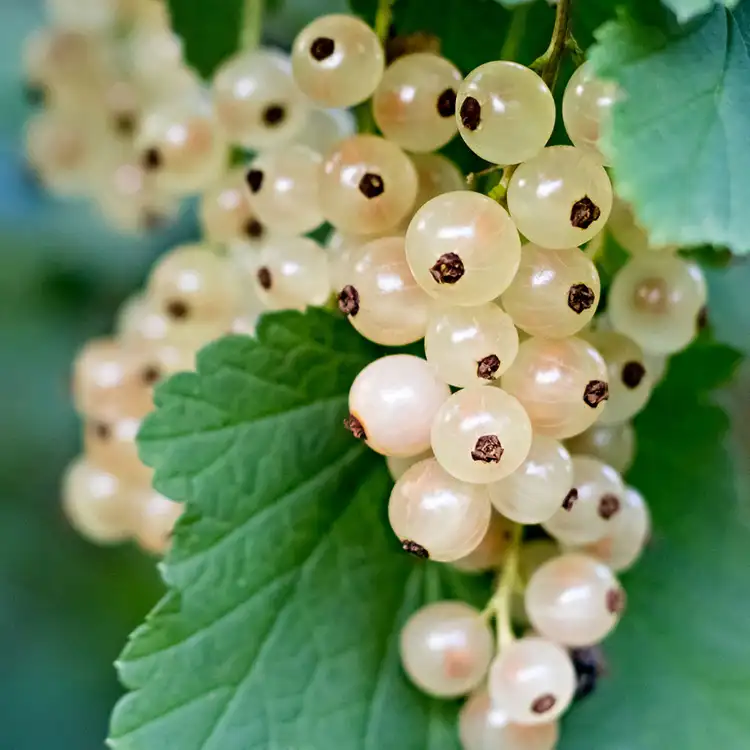
A milder and more translucent version of redcurrants, whitecurrants are less acidic and slightly sweeter. Despite their pale color, they offer similar antioxidants and nutrients, including fiber and vitamin C.
5. Blackcurrant
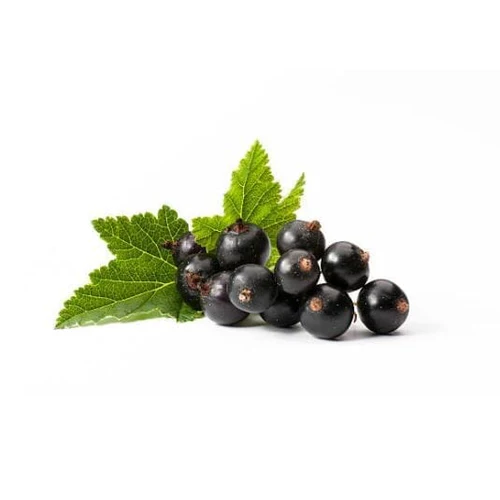
These intensely pigmented berries are tangy and aromatic, often used in juices and syrups. They’re exceptionally high in vitamin C and anthocyanins, which are linked to eye, brain, and skin health.
6. Red Grape
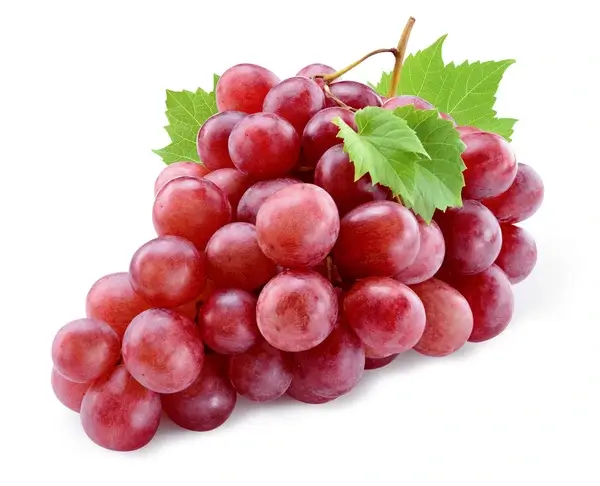
Known for their sweet flavor and juicy texture, red grapes are rich in resveratrol—a compound studied for its heart-protective and anti-aging effects. Their skins and seeds contain beneficial polyphenols.
7. Green Grape
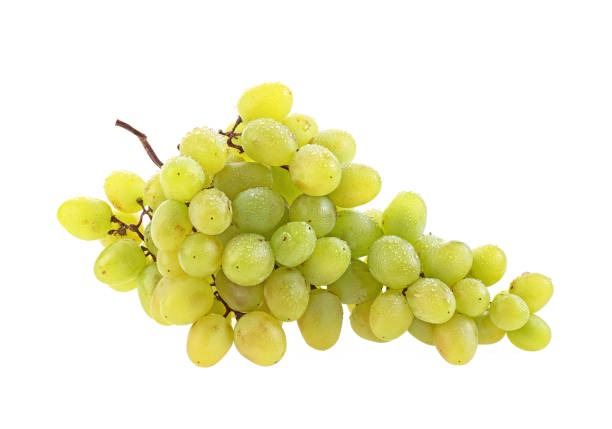
Slightly more tart and crisp than red grapes, green grapes are refreshing and hydrating. They’re a good source of vitamin K and contain antioxidants that support healthy cells and bones.
8. Yellow Plum
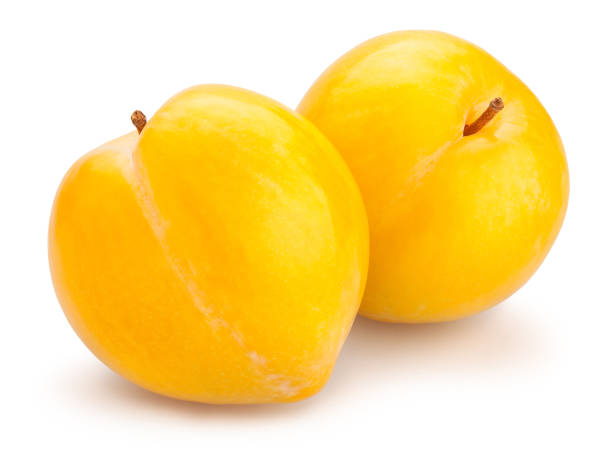
With smooth, golden-yellow skin and juicy flesh, yellow plums offer a sweet-tangy taste. They contain dietary fiber, vitamin C, and antioxidants that aid digestion and support immune health.
9. Orange
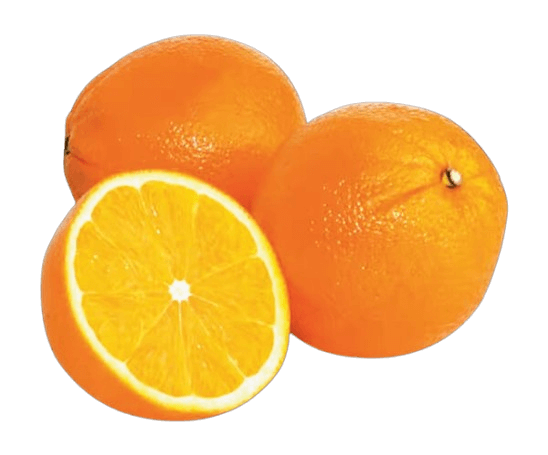
Famous for both its name and its color, the orange is a citrus superstar, bursting with vitamin C, folate, and potassium. It’s known for supporting the immune system and improving skin health.
10. Blood Orange
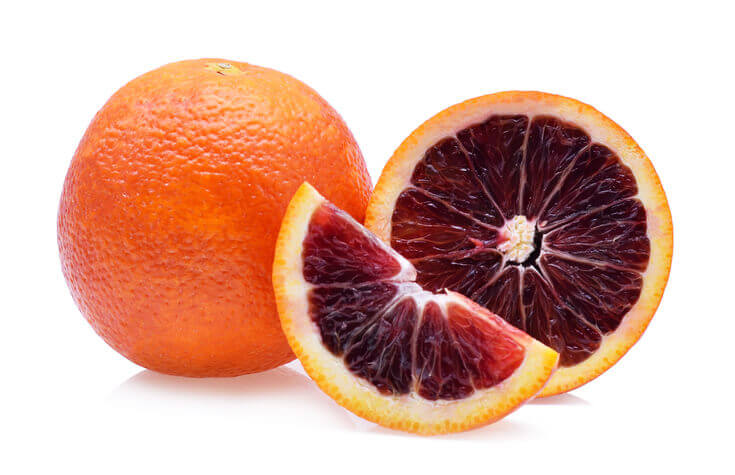
Distinguished by its striking red interior, the blood orange has a slightly berry-like flavor. Its rich color comes from anthocyanins, which may reduce inflammation and protect heart health.
11. White Peach
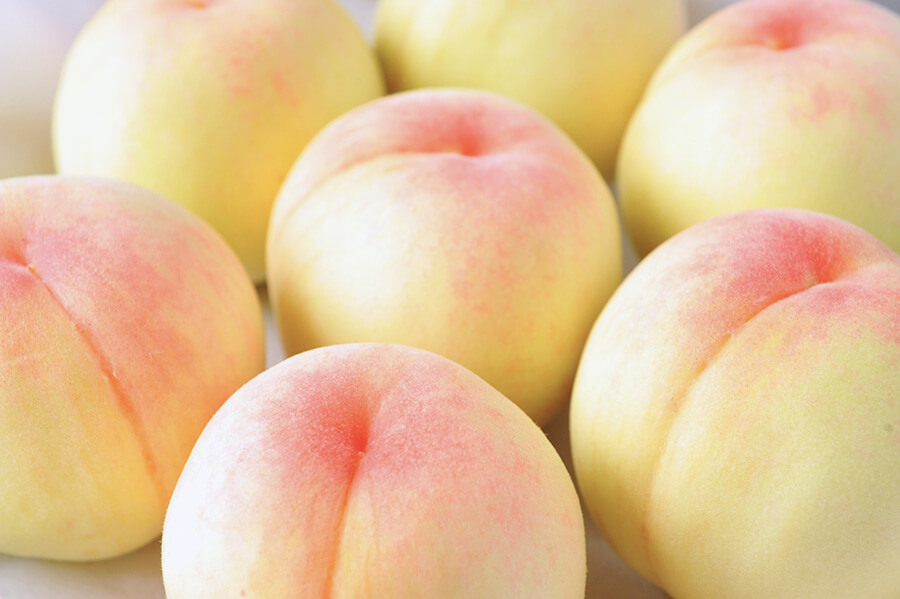
These delicate, pale-fleshed peaches are softer and sweeter than their yellow counterparts. They’re high in vitamin C, fiber, and potassium, and their low acidity makes them easy on the stomach.
12. Red Apple
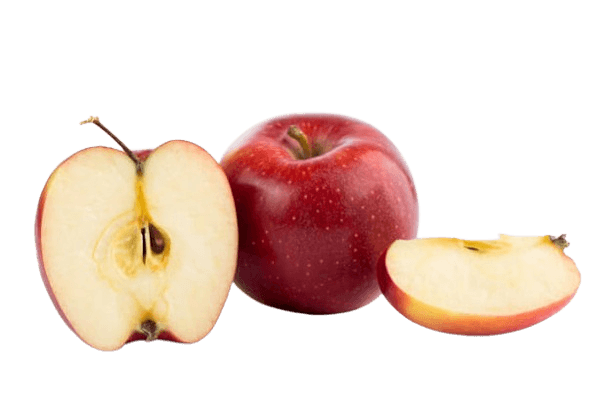
A classic fruit with a glossy red skin, red apples are rich in quercetin and pectin—compounds that support heart health and digestion. They’re sweet, crisp, and perfect for snacking.
13. Green Apple
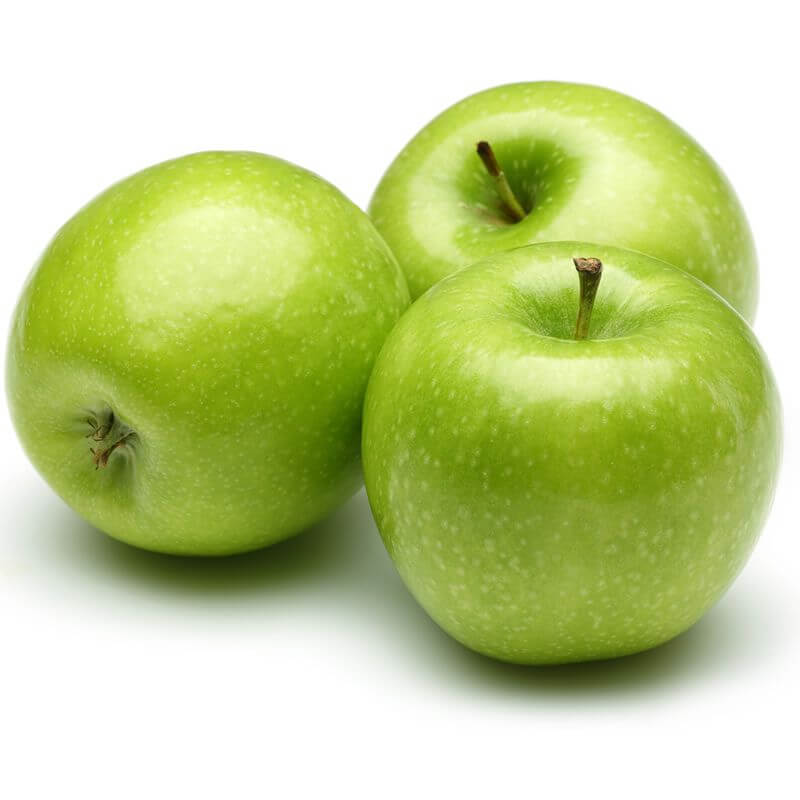
Known for their tart flavor and firm texture, green apples contain slightly fewer sugars but more acidity than red varieties. They’re high in fiber and may help regulate blood sugar levels.
14. Red Banana
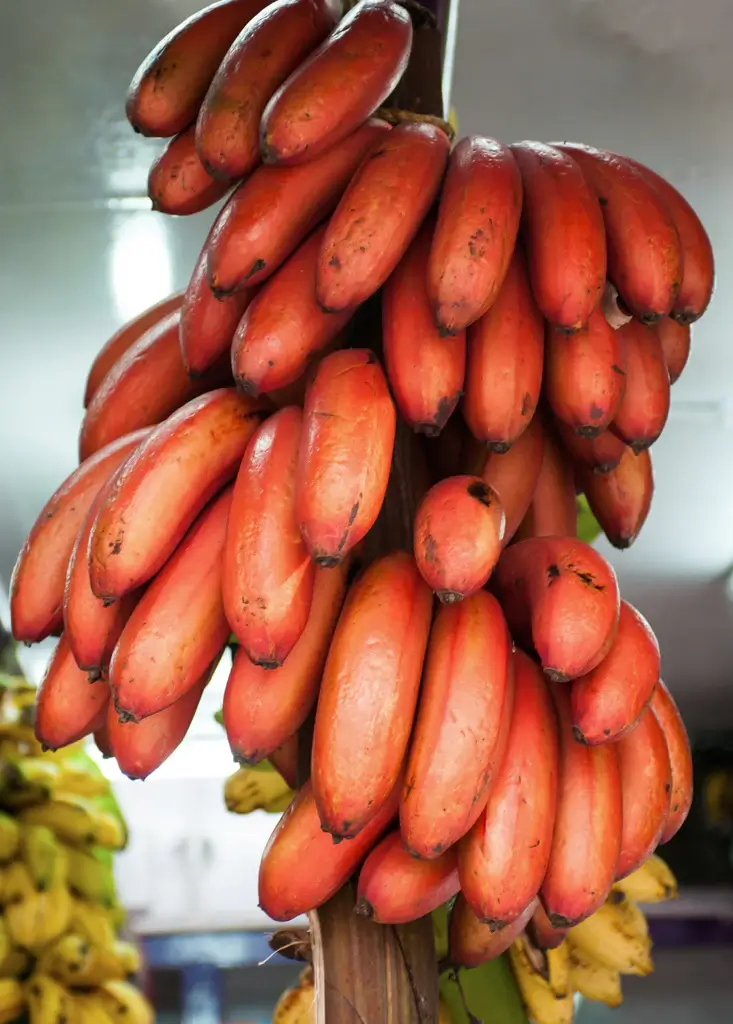
With reddish-purple skin and a slightly berry-like sweetness, red bananas are creamier than yellow ones. They’re rich in potassium, vitamin C, and carotenoids like beta-carotene.
15. Black Sapote
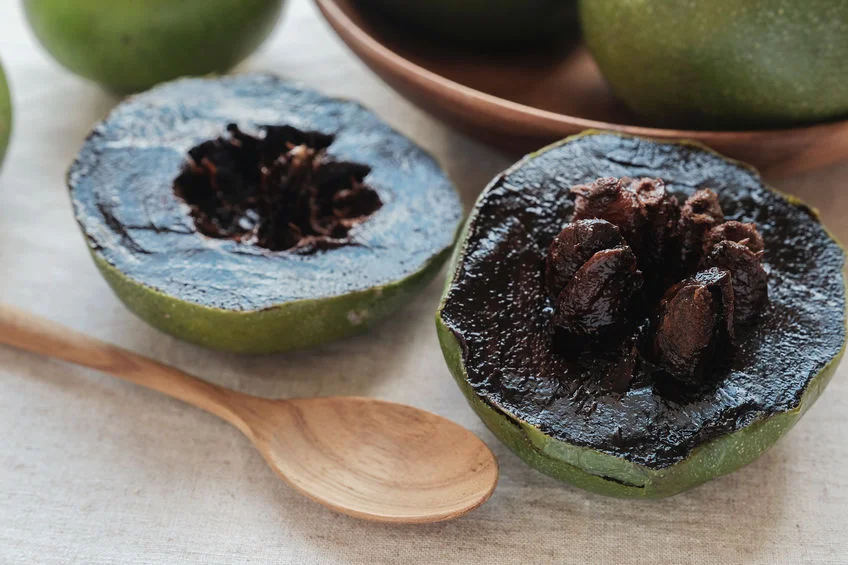
Also known as “chocolate pudding fruit,” this dark-green to black fruit has soft, brown flesh with a rich, sweet taste. It’s high in vitamin C and a novel source of fiber and minerals.
16. White Sapote
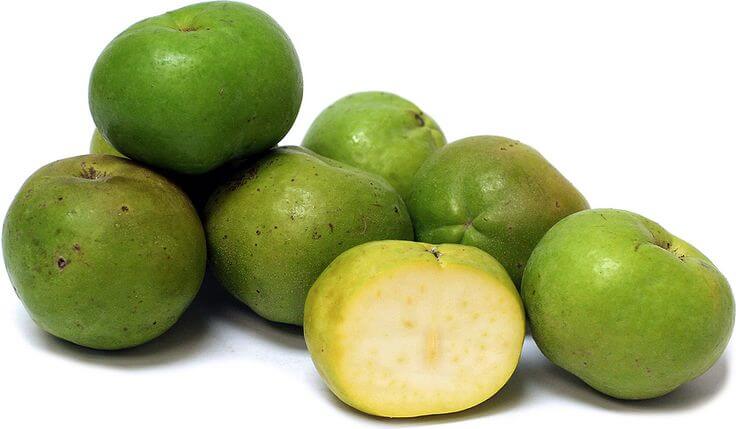
Pale green or yellow on the outside with creamy white flesh inside, this fruit has a custard-like texture and a tropical flavor. It contains vitamins A and C, along with beneficial fats.
17. Golden Kiwi
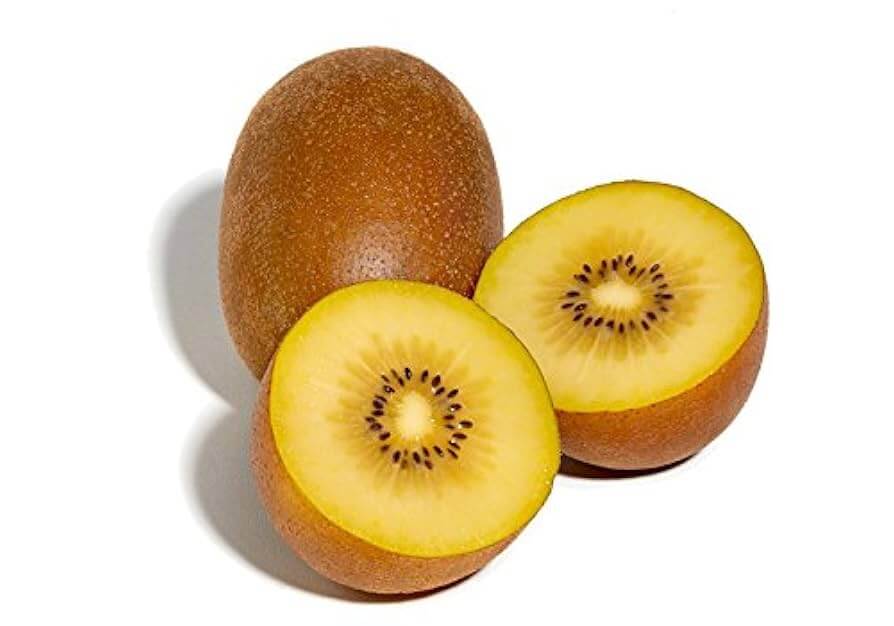
A sweeter, less tart version of green kiwi, golden kiwis have smooth, bronze skin and bright yellow flesh. They’re rich in vitamin C and digestive enzymes that help break down proteins.
